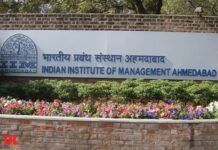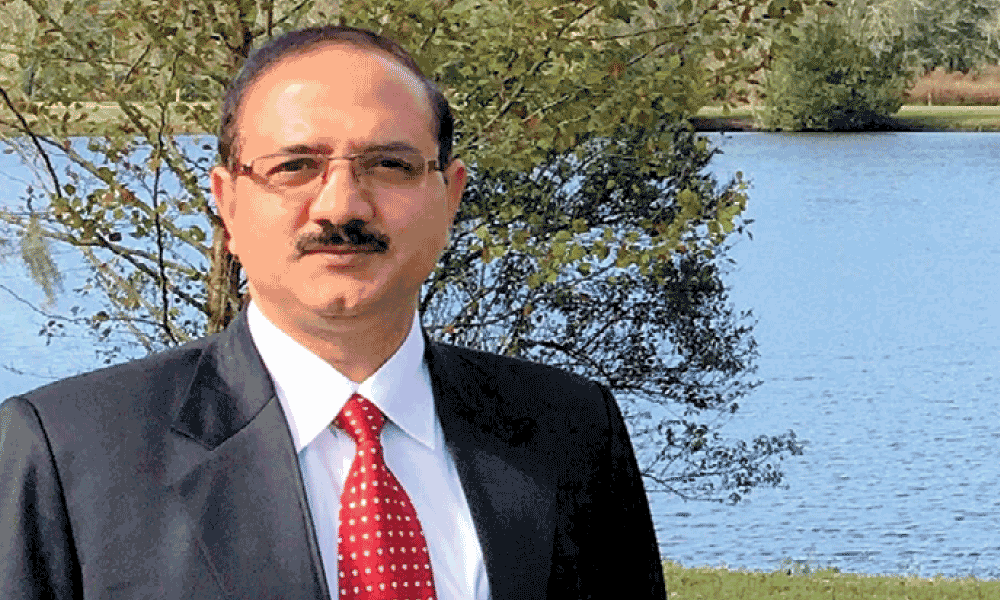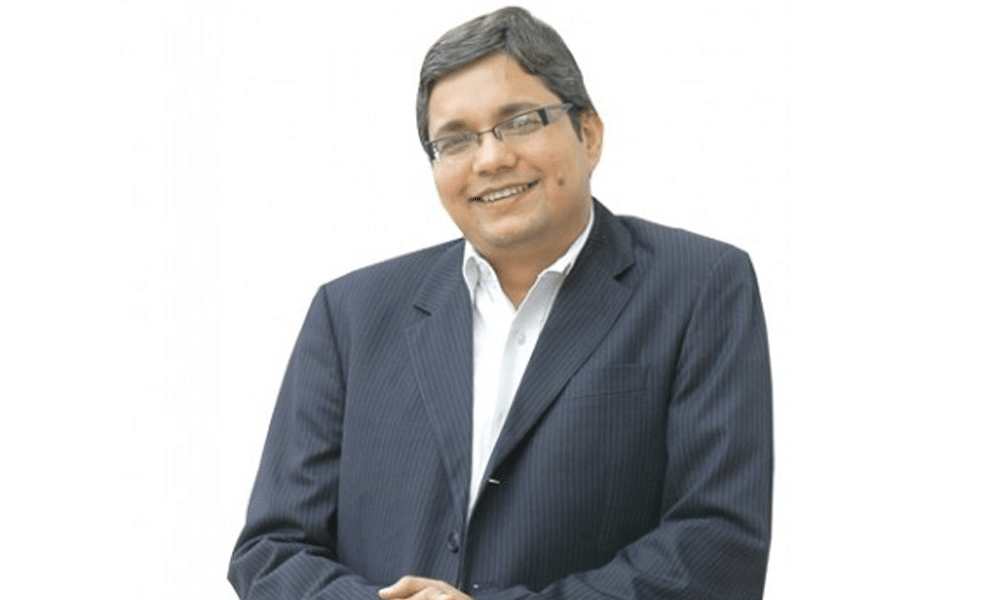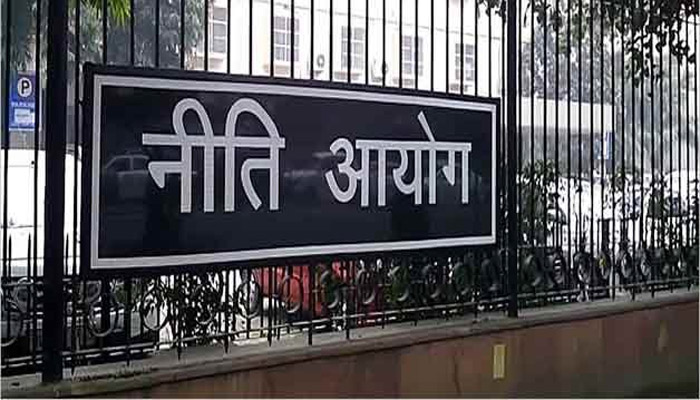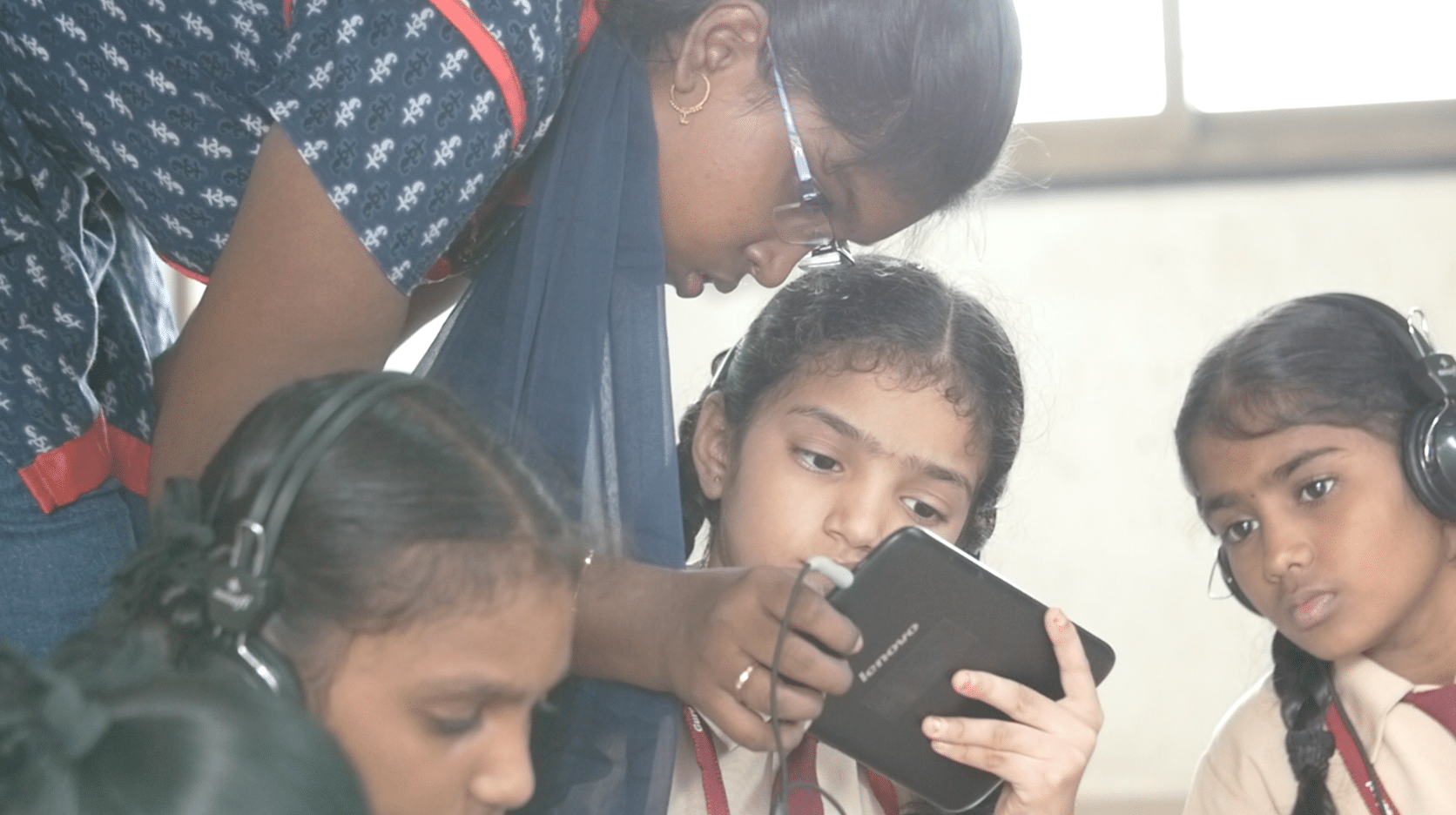Uttar Pradesh was the first state in India which came up with skill development policy way back in 2013. Since then, the state has undertaken various initiatives in the vocational education and skill development sector. Bhuvnesh Kumar, Secretary, Department of Vocational Education and Skill Development highlights the success story of Uttar Pradesh to Arpit Gupta of the Elets News Network (ENN).
What are the policies and strategies for Vocational Education and Skill Development being followed in Uttar Pradesh?
The UP Government was the first state government to have announced a policy on Skill Development in July 2013. The government visualised the importance of vocational education as well as the skill development long ago and decided to transform existing skill ecosystem so as to enable youth to choose and acquire skills of his choice and to provide industry skilled manpower as per their requirement. We brought all skill development training programmes running earlier under various ministries of the Government of India and the State Government onto a standard platform under the Uttar Pradesh Skill Development Mission with an objective to synergise efforts and resources.
Uttar Pradesh was first state to formulate “Common Norms” for all schemes by filling gaps existing in different scheme through creating a State Skill Development Fund which was quite a visionary idea. Earlier most of the schemes were being implemented by different departments and they were not in a position to run them in a uniform manner, as required by the industry. Since the training programmes being run under various government schemes were not synchronised with the needs of the industry, it was important to bridge that gap and synchronise them.
We have been able to enroll more than four lakh candidates till now across the state at 2000 training centres established by more than 300 training partners offering more than 634 courses in 52 sectors. Over 3 lakh candidates have been trained and almost one lakh have been placed in various industries. It has been a big achievement towards empowerment of youth.
Which is the target group for the Skill Development Programme?
The state government stated in the policy that youth of age group of 14-35 will be the target group for skill development.
Various schemes of the Government of India had their own target beneficiaries. So we have ensured that the target beneficiaries required by the Government of India under various schemes come together in a common batch and candidates from different sections of the society join training programme without any hassle. Candidates enrolled in DDUGKY are rural poor, in MSDP from minority communities, in BADP youth of 7 district along Indo-Nepal border in UP, beneficiaries of SDI can be from any section of society while SC/ ST beneficiary are trained in SCA to SCSP. Candidates to be funded by SSDF sit in the same classroom and trained at the same level. Training partners have been given mandate of placing these trained candidates in industry. So this convergence has really helped in forming good quality batches. If you try to form batches from one particular scheme in a limited area, the success rate becomes limited which in turn hamper placement opportunities too.
How the Government is giving a boost to private partners in Vocational Education and Skill Development?
The whole focus was that the training will be done by people who are experts in these fields. Earlier, in the old schemes it was being done by small institutes or NGOs or the small companies. But the focus in UP has been to engage large companies who have the expertise to work in these fields and that is how we started. The focus has been on quality of training which has been ensured by keeping high standards of training infrastructure, trainers, independent assessment and third party monitoring. GPS-enabled biometric devices ensures that students are coming to the classes. The focus also has been on actual hands on training and we have allowed On Job Training (OJTs) also.
How strong is the resource system of the UP government?
As far as money is concerned, there is no shortage of funds because lot of money is coming from various schemes so that is not the limiting factor at all. We have taken help of the erstwhile all the departments. We have formed DPMU at district level headed by the Collectors/ DM and assisted by Chief Development Officers. All those departments which were running their schemes earlier, their district level officers are also part of this DMPU. They are the ones who are able to mobilise the beneficiaries. We have given two people in every district known as MIS manager cum Counsellor. Their job is not only to manage things but also counsel and bring the candidate for right kind of training. With the kind of targets we are achieving I feel we have sufficient resources and manpower available. There is full support of the Government for strengthening and promoting skill development in the state.
Where does ITI play role in skill development? What is the current situation of ITIs in the state?
Apart from the UPSDM, the department has great focus on the existing ITIs. We have spent almost 2,000 crores in last four years in the ITI system. As soon as we use the word skill development, many a time people talk about only short term courses but if you look at the ITI system, which is formal training system of one year and two years courses, is actually a skill development programme which has been going on since long. We can’t lose sight of it. We had a very strong focus and commitment of the state government again to enhance the ITIs. In a span of less than three years, we have been able to increase capacity of ITIs by 2.5 times. Two and a half years back, the seats which were available in the ITIs were 46,000. This year, admission has taken place in one 1,00,500 seats. Such a huge investment has gone into upgrading existing ITIs and opening of new ITIs. We used to have roughly 200 ITIs and opened 80 new ITIs in the span of four years. Earlier, we used to have ITIs of two, three or four trades but we have standardised them up to minimum 12 trades. So whatever new ITIs we are now opening now have minimum 12 trades. We have introduced smart classrooms in almost all ITIs. We are upgrading the existing classrooms into smart classrooms. We have been able to give two smart classrooms in all the ITIs across the state. Now the number of ITIs has gone up to 267. We have upgraded the old ITIs and given them new buildings. The money has also come from other schemes of the Government of India. We have recruited roughly 2,500 new instructors. The result is almost ready and should be out anytime. We will be able to place so many new instructors in the ITI system to strengthen it. We have converted SCVT courses into NCVT courses in a large number and this process is still on. The upgradation of ITIs have also taken place. We have been able to give more than 100 IT labs and 150 new workshops to these ITIs. This has actually created a huge impetus in the system. We have introduced book bank facility in ITIs. Now we are giving free books to all the students. The moment they get admission into the ITI, they are given free books. We have introduced uniform in all institutes called Dangri. Now every student who enters in machine trades, he gets his uniform on day one. So these endeavours have improved the ITI system and actually benefitted the industry in a big way especially the manufacturing industry. Industry was always looking for good quality trained people and we not only assured but delivered same. We have also given new tools, equipments across these ITIs. So, Vocational Education and Skill Development has been focus area of the state government.
Empowering youth is the whole idea of skill development. UP has a large young population. How do you see it?
I would say that population is a demographic dividend of the state. One can look large population as the negative thing but for me it is large human resource available in the state for skilling point of view if I can give them right kind of skills. Not only I can give them employment in the state but they can go outside the state or country after acquiring skills, knowledge and attitude.
There is a huge demand of trained manpower across the sectors. Even now we are sending a lot of people outside the State. They are getting employment, good jobs. UPNRI Department has got the license for the overseas recruitment agency and they are in the process of sending these trained people to countries overseas for technical employment. We will be providing them trained candidates required abroad. A lot of private agencies are also taking candidates trained by us. We have been organising the employment fairs (Rojgar Melas) at the division-level. We have been able to conduct roughly 200 fairs till now in various parts of the states. Hon’ble Chief Minister and departmental Minister have participated in a few of them. These are huge success. We are able to rope in all the local companies and sometimes companies from outside also. In every fair, almost thousand candidates are getting placed in different sectors. Thus, creating employment opportunities for the youth has been prime objective of all skilling activities taking place in UP Skill Development Mission and in ITI system of the State.



